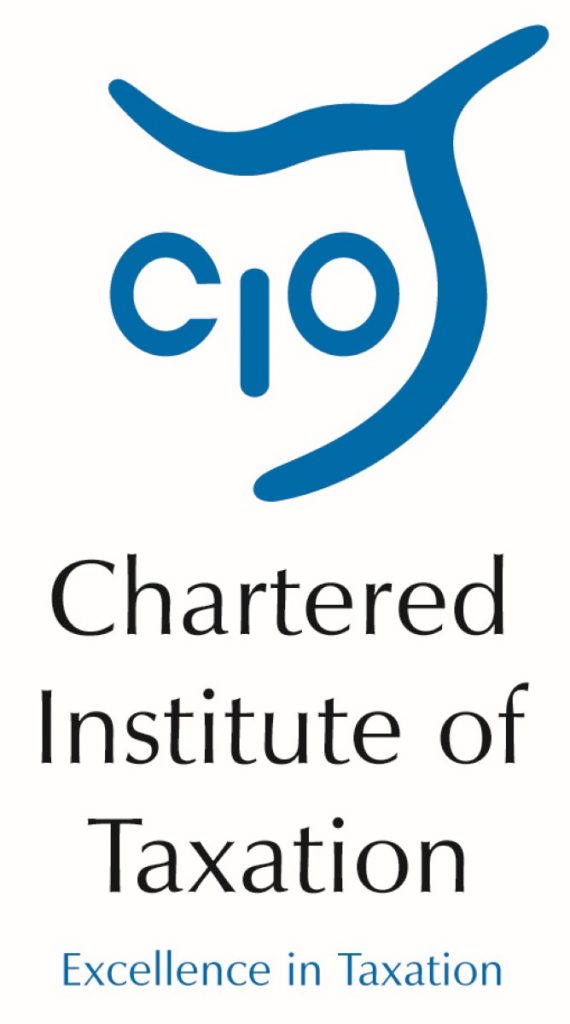Make the most of lower National Insurance costs while they last, urge tax campaigners
The Low Incomes Tax Reform Group (LITRG) is urging self-employed workers with very low profits to check their National Insurance record and make up any deficiencies before voluntary contributions become more expensive for them after April 2018.
Contributions to Class 2 will secure entitlement to a state retirement pension, or to other contributory state benefits, for self-employed workers. LITRG is keen to remind the self-employed that it is also possible for an individual who finds that their contributions record is deficient to make back payments of Class 2 for up to six years previously.
Self-employed workers whose annual profits are below the ‘small profits limit’ of £5,965 are not obliged to pay Class 2 contributions, but Class 2 gives them a National Insurance record which builds up their entitlement to benefits such as the state retirement pension, bereavement benefits, state maternity allowance and contribution-based employment and support allowance (ESA). These self-employed workers are often well advised to pay the voluntary contribution and at £2.80 a week, they represent excellent value for money, says LITRG.
But from April 2018, Class 2 is to be abolished and the self-employed will have to pay Class 4 contributions to build up entitlement to contributory benefits. Therefore, those whose profits are too low for them to pay or be credited with Class 4, but who want to continue making voluntary contributions, will have to pay Class 3 instead, which at £14.10 a week is five times more expensive than Class 2.
Anthony Thomas, Chairman of LITRG, said:
“Any self-employed worker on low profits who wishes to make the most of the remaining opportunity to secure a full state pension and other contributory benefits should seriously consider paying Class 2 voluntarily for the last two years of its existence, if they are not already doing so. They should also carefully check their National Insurance record for the past six years to ensure there are no gaps – and, if there are gaps, to plug them by exercising their right to make back-payments of Class 2 in the relevant years.”
Those who have not paid Class 2 contributions may still acquire a contributory record if they are entitled to receive National Insurance credits. This may be because, for example, they are in receipt of child benefit, or are a foster carer or kinship carer, or in receipt of certain sickness, disability or unemployment benefits. Some credits are given automatically, others must be applied for.1
To secure a full state retirement pension, it is necessary to have paid or been credited with National Insurance contributions for 35 years and at least 10 years of contributions paid or credited are required to secure a minimum pension.
Notes for editors
1. https://www.gov.uk/national-insurance-credits/eligibility'
2. From 6 April 2018 Class 2 contributions will be abolished and Class 4 contributions reformed to include a new threshold (to be called the Small Profits Limit).
Access to contributory benefits for the self-employed is currently gained through Class 2 NICs. After abolition, those with profits between the Small Profits Limit and Lower Profits Limit will not be liable to pay Class 4 contributions but will be treated as if they have paid Class 4 contributions for the purposes of gaining access to contributory benefits. All those with profits at or above the Class 4 Small Profits Limit will gain access to the new State Pension, contributory Employment and Support Allowance (ESA) and Bereavement Benefit. Those with profits above the Lower Profits Limit will continue to pay Class 4 contributions.
The Government says this is a simplification of tax measure – see link here.
3. For more information about why contributing to National Insurance may get more expensive see here.
4. Low Incomes Tax Reform Group
The LITRG is an initiative of the Chartered Institute of Taxation (CIOT) to give a voice to the unrepresented. Since 1998 LITRG has been working to improve the policy and processes of the tax, tax credits and associated welfare systems for the benefit of those on low incomes.
The CIOT is the leading professional body in the United Kingdom concerned solely with taxation. The CIOT is an educational charity, promoting education and study of the administration and practice of taxation. One of our key aims is to work for a better, more efficient, tax system for all affected by it – taxpayers, their advisers and the authorities. The CIOT’s work covers all aspects of taxation, including direct and indirect taxes and duties. The CIOT’s 18,000 members have the practising title of ‘Chartered Tax Adviser’ and the designatory letters ‘CTA’, to represent the leading tax qualification.
Contact: Hamant Verma, External Relations Officer, 0207 340 2702 HVerma@ciot.org.uk (Out of hours contact: George Crozier, 07740 477 374)





-01.png)